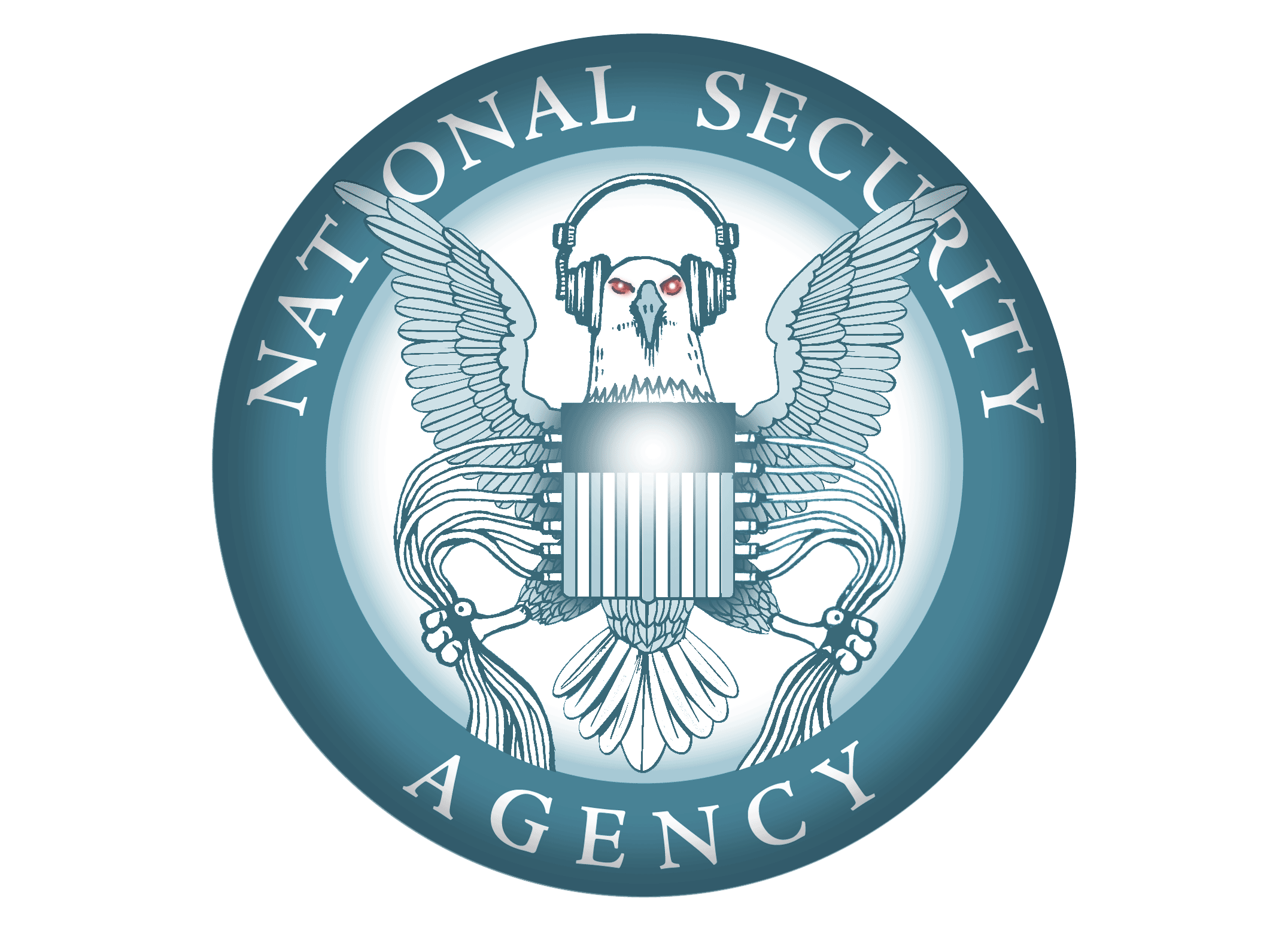

The US intelligence services has suffered a setback after the US Court of Appeals ruled that a National Security Agency (NSA) surveillance program was unlawful.
The ruling comes seven years after the bulk data collection program was exposed by NSA whistleblower Edward Snowden. The ruling upholds the court’s prior ruling in 2015 that the NSA’s phone meta program, known as Prism, was illegal.
Snowden welcomed the ruling, but he remains in exile in Russia and faces espionage charges if he ever returns to the United States.
And it seems the US authorities are not willing to forgive Snowden.
In September 2019, the US government filed a lawsuit against Snowden in an effort to deny him payment from his book, Permanent Record.
The case all began back in June 2013, when whistleblower Edward Snowden revealed to the world the surveillance practices of the NSA.
The Snowden revelations were first published by the Guardian newspaper in the UK, when it published details about the NSA collecting the telephone records of millions of US customers of Verizon, one of the leading telecom operators in the United States.
It was then revealed that the NSA could examine and mine all the ‘meta data’ of these communications, i.e. the telephone numbers of both parties on a call, as well as location data, call duration, unique identifiers, and the time and duration of all calls.
The authorisation to conduct the data gathering stemmed from the US Patriot Act, which was introduced after the September 2001 attacks on America.
Section 215 of the Act gave US government agencies (including the NSA) the authorisation to carry out the bulk collection of the meta data of all US telephone calls.
The NSA ended the bulk data collection program in 2015.
But now the US Court of Appeals for the Ninth Circuit has ruled the NSA bulk data collection was illegal, and that intelligence bosses at the time who publicly defended it, had lied, Reuters reported.
Until the Snowden revelations, US intelligence officials had publicly insisted that the NSA had never knowingly collected data from private phone records.
After the Snowden revelations, US intelligence officials said the program had played a crucial role in fighting domestic terrorism.
The court however ruled that the NSA program had violated the Foreign Intelligence Surveillance Act and may have been unconstitutional.
Edward Snowden, who still lives in Russia but wants to return to the United States, took to Twitter to say he feels vindicated by the ruling.
“Seven years ago, as the news declared I was being charged as a criminal for speaking the truth, I never imagined that I would live to see our courts condemn the NSA’s activities as unlawful and in the same ruling credit me for exposing them,” he tweeted.
“And yet that day has arrived,” he added.
“A federal appeals court just ruled that the NSA’s bulk collection of Americans’ phone records was illegal,” tweeted the American Civil Liberties Union (ACLU).
“This ruling, which confirms what we have always known, is a victory for our privacy rights.”
Nigerian court upholds fine by competition and consumer protection agency over collecting user information without…
Sales and market share of pure EVs regain their edge over plug-in hybrids amidst falling…
London-based food delivery company Deliveroo says DoorDash made buyout offer at £1.80 per share as…
Tesla expands testing of 'Robotaxi' app to employees in Austin, Texas as it prepares for…
Facebook parent Meta cuts staff in Oculus Studios division, including Supernatural game it acquired for…
British retailer Marks & Spencer apologises after it struggles to recover from cyberattack this week,…